Q: Friday, February 6th, the Perugia case, considered by a lot of people as a witch lawsuit, will continue.
A: I think that defining whatever legal proceedings by words like “witch” is not fair to authorities and governments legitimately appointed to issue a judgment of “not guilty” or “guilty”.
Fortunately, there is no death penalty in Italy but there is the presumption of innocence concept applicable up to the highest level of jurisdiction, i. e. the Italian Supreme Court. Thus, each and any accused on trial has the opportunity of his defence using all the tools foreseen by the Code of Crimi-nal Procedure. There are many examples of accused, charged with the most serious crimes, who, subsequently, were acquitted in the first, second and even third instance. However, public opinion often issues concrete and proper judgments, broadcast by the mass media, and thus, according to my opinion, this behaviour deprives the accused, his lawyers and even the judges of that tranquillity indispensable for a fair judgment which approaches substantial truth the utmost possible; and this is different from the lawsuit truth.
Q: Meanwhile the Perugia case has degenerated into a war between the Karcher clan and the Knox clan, and between them the Sollecito Meredith clan, instead of concentrating on ascertaining the truth, and therefore inevitably on the statement of both accused’s innocence.
A: Why should the innocence statement be inevitable? Here we have a typical example of media judgment. I believe that at the moment nobody is capable of preventively establishing the innocence but also the accused’s guilt. It is legitimate to make yourself a certain idea, and not another one, but we will know the truth about the case only when the Supreme Court will have passed a sentence.
You have to take into consideration that judgments are issued on the basis of evidence that the involved parties are able to irrefutably prove.
This principle applies both to the Public Prosecutor, the accused’s lawyers and the civil action parties.
In this case, I think, the young people’s parents: of Meredith, Amanda, Raffaele, and Rudy should consider themselves as peers, as parents hit by a misfortune that has their children victims of a society more and more struck by tragic blows.
If it is true that Meredith is dead, then also Amanda, Raffaele, and Rudy are “dead” who certainly no longer have a bright future made of dreams like so many other young people of the same age.
And since truth cannot be ascertained by people but by judges, I think that stoking up wars does not serve the impartial pursuit of the truth.
Q: According to the present status quo, it is most likely that Guedè entered the house, went to the toilet, was surprised by Kercher, raped and stabbed her and then fled in a hurry.
A: At the present procedural state of facts we know that Rudy Guedè was sentenced guilty in the first instance but he is to be considered on a par with the other accused, “presumed innocent”. His case will continue before the District Court and will certainly end up for sentence before the Supreme Court but we do not know whether his guilt will be confirmed or whether they will judge him innocent as to the facts of which he is accused.
Guedè had the chance of choosing the normal procedure, as did the other accused, but he preferred the short-cut abbreviated procedure. Nevertheless he may benefit from the same procedural rights to support his defence.
He may not have said everything of which he might have knowledge.
Q: Why can the Public Prosecutor Mignini not be challenged with bias and/or the trial can take place in another place?
A: I believe it is necessary to explain some aspects of our legal system.
Above all, the concept of bias or impartiality refers to the judges and not to the public prosecutor or to the lawyers.
The trial = dibattimento is a debate, an oral proceeding, where the public prosecutor and the lawyers “dibattono” = debate against each other, defending their theses, in front of a third that is the judging body.
For this reason in Italy the public prosecutor is considered as an impersonal office; indeed there is no rule that prescribes that a certain public prosecutor must always be the same in the hearings of one trial but he may be assigned to various cases as commitments and work shifts require. Preferably there is the same prosecutor, because he knows the matter, but it is no rule.
On the other hand, if just one member of the judging body is different, the trial has to restart from the scratch.
Therefore, as to bias: only the judge may be challenged. In the specific case, there is no evidence that the accused’s lawyers have ever applied for challenging the judges who confirmed the arrests, who indicted the accused and who refused the request for release from prison or, hypothetically, for house arrest.
As a consequence, it is obvious that the proceedings take place where the crime was committed because the only reference point of the accused is the judge and because nothing was notified against the involved judges.
Q: Could you imagine that Mignini’s forefathers took part in the Inquisition?
A: I am not among those who, speaking about legal proceedings, think of witches, and therefore, facing the suffering of who is shut in a prison or who lost his daughter, it seems unfair to let go your imagination as in a movie. I can, however, stress that from a media standpoint it seems to me that the part of the public prosecutor dottor Mignini appears abnormal compared with the narrower part of the public prosecutor’s office – one of the parties in proceedings acting in a trial.
Q: It is striking that in Perugia there is a “via delle Streghe” = witches street and that on the murder’s eve of November 1st of 2007 a great commemoration for the witches murdered in Italy took place.
A: To answer correctly this question, it would be necessary to highlight the fact that the “Halloween Night” is a mythological tradition that has its roots in America; Italy just inherited it! (note of the editor: it seems there is a misunderstanding; Mrs. Carlizzi did not know about that strange commemoration mentioned in http://www.universitadelledonne.it/perugia.htm )
Q: To what degree would these two young women have any ties with the masons’ order of the Red Rose?
A: I do not believe that Meredith and Amanda had, at least direct ties with that esoteric school by the correct name of “Order of the Red Rose and of the Independent and Rectified Golden Cross”; I rather think that the two young women fell into a trap worked out by someone who is part of said esoteric school.
Q: For at least 900 years there has been a spiritual tension between Assisi and Perugia, i. e. between the Good and the Evil. Up to which point does this spirit continue in the trial?
A: The present actors of this case (the accused, lawyers, public prosecutors and judges) are absolutely not a part in this historic reality. However, if one day the real principal of this crime comes out, he may tell us something more detailed about the battle between the Good and the Evil.
This man, however, is still on bail, and perhaps Amanda does not have the courage to speak out.
Q: Why is the Pope not willing to receive Amanda’s parents?
A: The Pope being the pastoral authority, may use the tool of prayer coming to anyone’s aid who finds himself in a situation of lack of personal freedom; he may also pray for Meredith’s parents so that they obtain justice, and even for Meredith, begging for the Lord’s infinite mercy. The Pope as a Head of State cannot get involved in the jurisdictional system of another state.
The same applies to Italy: it cannot carry out any inquiry or investigations for which the Vatican has its own and legitimate domain and its competence.
Moreover, the Pope is Christ’s Vicar and therefore has a precise religious identity. His intervention might be exploited by those who intend to displace this trial to a level similar to religious wars.
Q: How do you explain the passive attitude of the Santa Chiara Sisters, both in Perugia and Assisi and everywhere in the world, even in Seattle? The Vatican might be behind this?
A: I want to stress my answer to the previous question. To mix up the legal and procedural matters of this crime with the universe of the Vatican’s occult power might mean nothing else but to divert and to lead the public opinion astray and away from an objective and dispassionate research of the procedural truth.
Q: Why does the new American president not help Amanda since she is among his supporters?
A: It is Obama who might answer this question. Anyway, knowing his curriculum vitae and the one of his wife, I think that Obama, for ethic and behavioural reasons, would never interfere in an Italian court trial before the final judgment. For Obama, like for the whole world, in the present state of affairs, Amanda is a girl accused of a crime, but presumed to be not guilty and with all powers of defending herself. If you have trust in justice, you need to wait for the time justice needs, respecting the procedural code.
Q: What attracts attention is that another Seattle “son”, Bill Gates – who every year shares out several billions – does not support the Amanda campaign …
A: Obviously the Seattle “son” must not obey any boss …
Q: LAST QUESTION: Mrs. Carlizzi, is there anything else you would like to say about this trial that has not appeared in our questions?
A: To be honest, there are lots of other considerations, according to my stand, deserving our attention.
First of all, to have entrusted Amanda’s media campaign to an Italian journalist, a person with a criminal record and accused in a trial of worldwide interest, like the “Caso Narducci – Mostro di Firenze” = Narducci - the Florence Monster Trial, I think was the most serious damage Amanda has suffered. If we further consider that, together with this journalist, a well-known American writer has been codefendant, and that both have the same public prosecutor, dottor Mignini, and that as judges the same investigating magistrates Marina De Robertis and Paolo Micheli, then this circumstance may appear as a sophisticated manoeuvre created by occult and corrupt powers.
As a matter of fact, I wrote a book with the title: “Meredith Kercher, a faulty crime” where I hypothesize that both the victim and the accused are the object of a trap.
It is thinkable that someone interested to discredit dottor Mignini in the “Narducci-Florence Monster” case organized the Meredith crime, waiting that it was dottor Mignini’s turn to assign him the case ex officio, in order to attack him from sideward, i. e. to use Meredith to discredit the “Narducci-Florence Monster” investigation.
For example, the Amanda media campaign points its finger only at prosecutor Mignini and neglects the other investigation magistrate dottoressa Comodi and judge Paolo Micheli. Why? Simple: in the “Narducci-Florence Monster” case, where the Italian journalist stating to have been given the responsibility by America to support Amanda’s innocence, the only public prosecutor is dottor Mignini.
I would also like to emphasize that leaving Amanda in the media hands of a person with a criminal record means to harm her and put her in the condition of being suspected as the author of a conspiracy that damages a magistrate.
If Amanda changed so many versions, renouncing to a coherent defence, obviously she did so because she is afraid of saying what she knows and whom she saw materially killing Meredith that evening.
It is also worth reflecting about the abnormal claim for damages by Meredith’s family of about 15 million Euros.
The family knows that the accused could never never pay that sum, however they claim it. From whom? They may know who is the principal of this crime, and they may also know that the occult apparatus he is part of is capable of paying.
And last I would like to ask: who were the frequent visitors to Lumumba’s bar? Because, after Lumumba had been acquitted, that bar remained so empty that it had to be shut?
Who was afraid to be taken by a video camera? And Amanda would have recognized him?
In this frame, if people continue to attack only the public prosecutor Mignini, it will end up with Amanda paying for what she has not committed because that way one does not help to find out the truth but to stiffen the positions, without the possibility of expanding the investigation, which has to be characterized by respect and the trust in who must conduct this investigation.
Are we sure that Amanda’s defence has played all their cards well and in her favour? And if so, why haven’t they yet sought my advice about what I wrote in my book?

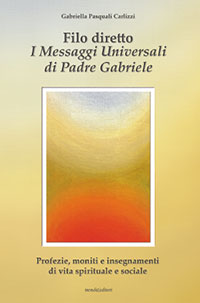
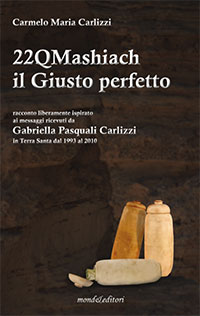
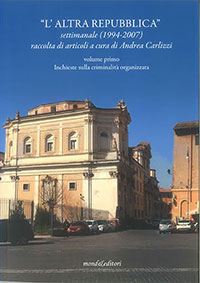
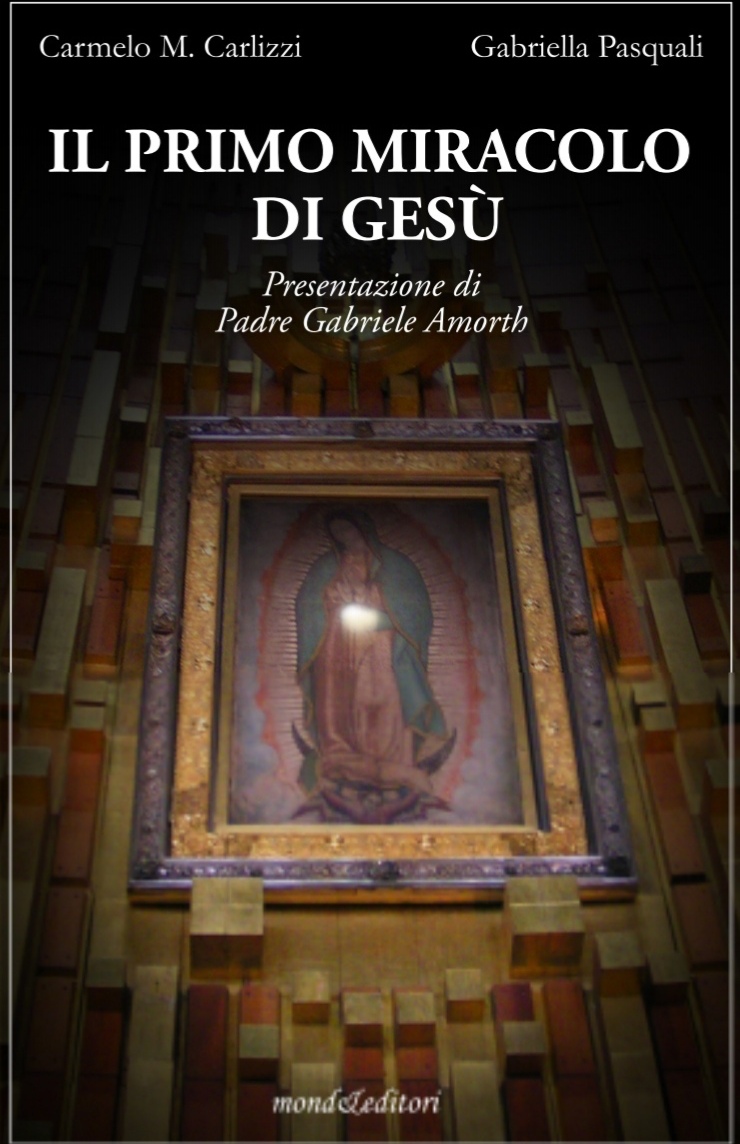
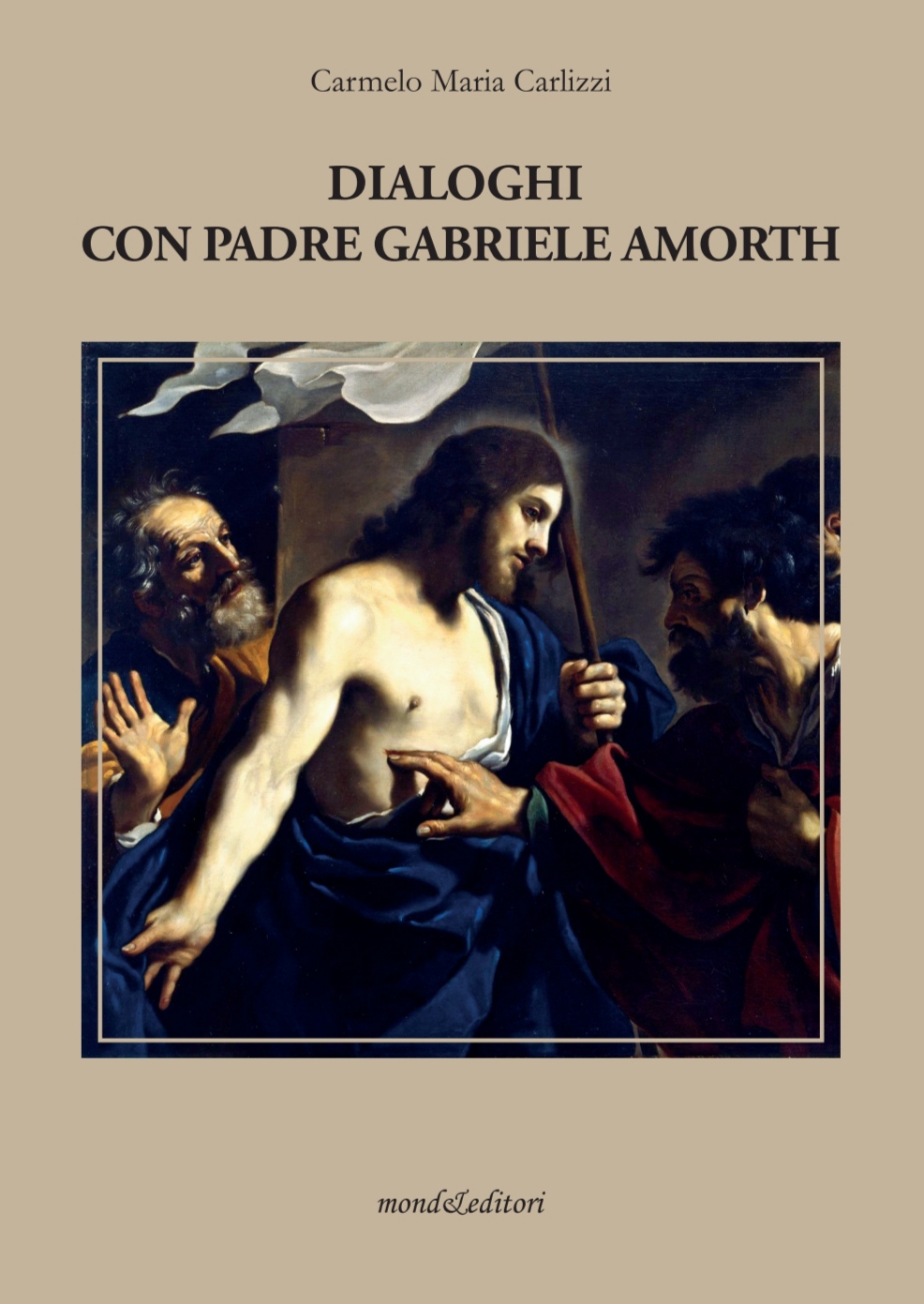



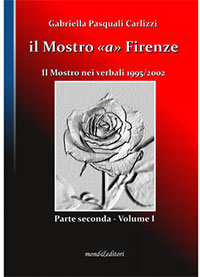
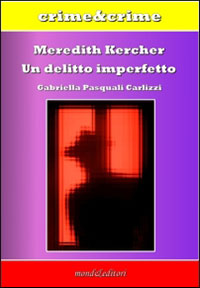
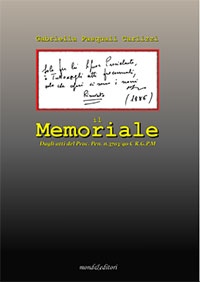
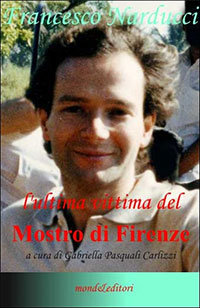
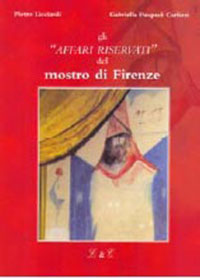
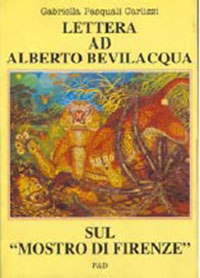
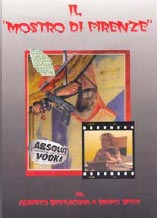
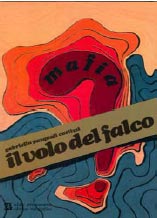
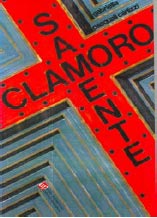

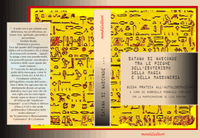
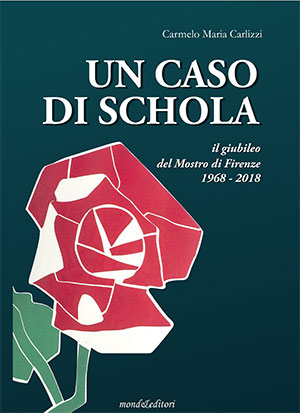



Lasciate i vostri commenti
Invia un commento